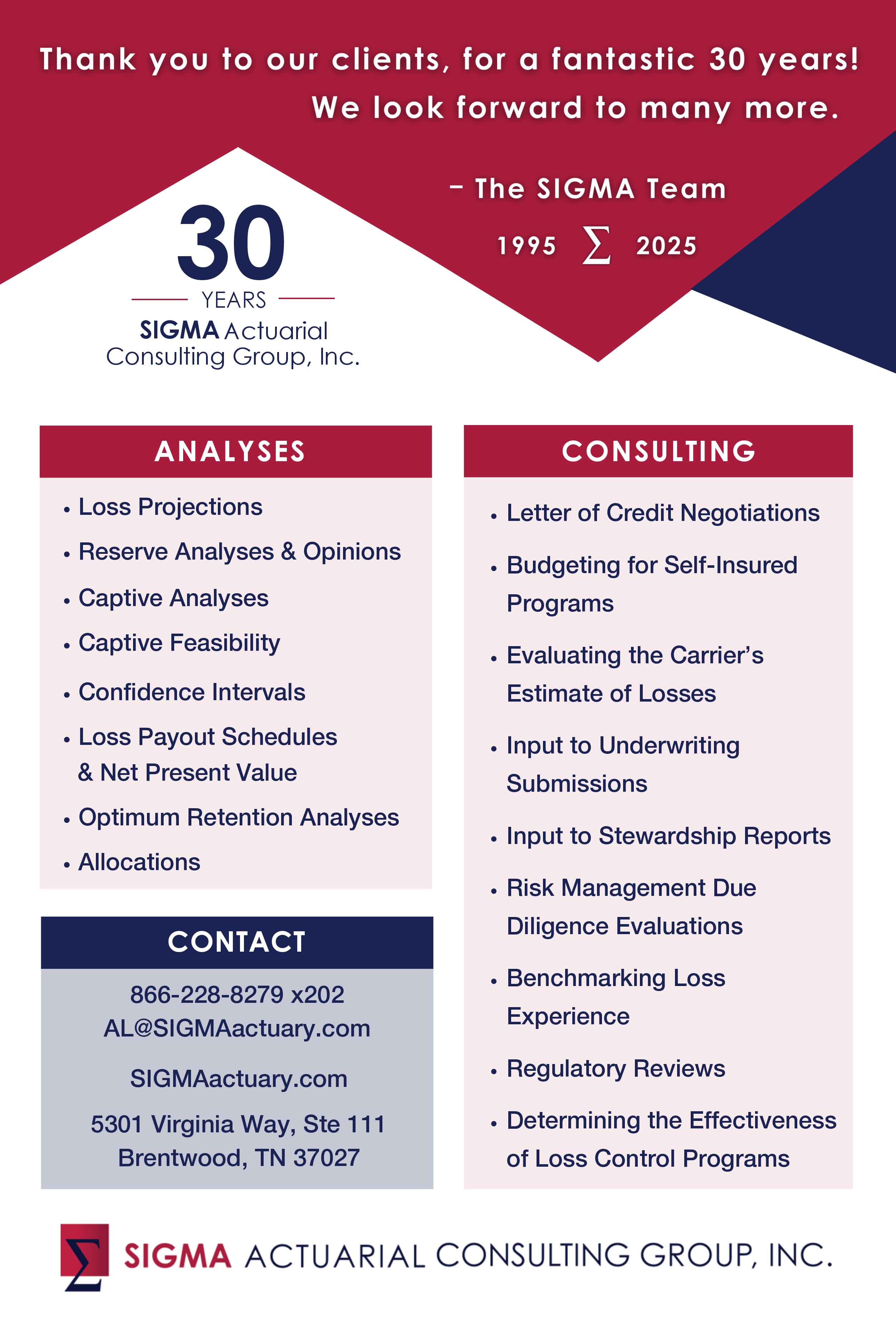A new survey by WTW reveals that only 20 per cent of risk leaders and their teams believe their organisations will be able to respond adequately to risks that might emerge in the next 10 years.
The study also found that only 50 per cent of respondents feel confident in their organisations’ current risk management approach.
Technology emerges as a dominant concern, with AI, cyberthreats, and technological advancements identified as top risks both today and in the near future.
Geopolitical issues are also a major concern, with risks ranging from elections to societal cohesion and misalignment between government and business interests.
Over the longer term, environmental risks gain prominence, with 47 per cent of respondents citing climate change and transition risks as key drivers of future change. Respondents point to policy gaps, climate tipping points, and increased catastrophic events as critical areas of uncertainty over the next decade.
Despite recognising the urgency, 40 per cent reported never being consulted on emerging risk evaluations, highlighting a lack of internal collaboration.
Almost half of respondents were unable to name their organisations’ most concerning emerging risks, underscoring the need for structured intelligence gathering processes.
Adam Garrard, global chairman of risk and broking at WTW, emphasises the need for innovation: “We need more than data-informed decision making to explore the emerging risks shaping risk and opportunity. Smart specialisation, smart service, and smart research are essential to navigating the complex risk landscape.”
Meanwhile, Lucy Stanbrough, head of emerging risks at the WTW Research Network, states: “Every single risk in our survey was someone’s top risk, showing the need for better understanding of interconnected risks. Organisations that integrate emerging risk frameworks into their business models will be more resilient and successful.”






